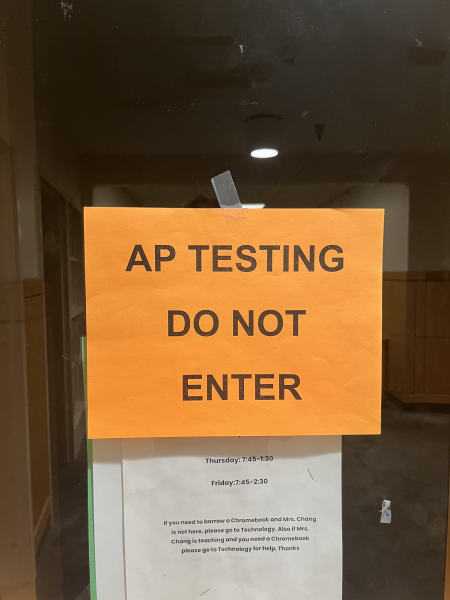The Power of Peanut Powder
In the world of medical research, there has always been a question proposed. Is there a way to cure food allergies, or at least reduce the chance of having a reaction? In the past year, that question has been answered by a research team based out of the United Kingdom.
The most common food allergies in both the United Kingdom and the United States relate to peanut products. Peanuts are such a hard food to avoid if you’re a child, because they’re in almost everything, so peanut related allergic reactions are more frequent in children. That is why the research team from the UK chose children to conduct their experiment on. The plan was to feed the children small doses of peanut powder every day so that “…they could treat a potentially life-threatening peanut allergy by feeding children the very thing their bodies reject, building tolerance that could save a life in case of accidental ingestion.”
The scientists went on a search to find children willing to be a part of the experiment. “The trial involved 99 allergic children aged 7-16. Only one in five of the kids receiving OIT [oral immunotherapy] reported ‘adverse events. Mostly mild itching of the mouth.” For children with mild reactions to begin with, this experiment was working very well. At the end of the six month trial, “the researchers found that 41 of the 49 therapy recipients could handle the equivalent of 5 peanuts,” while “[the] control group of 50 children…continued to avoid exposure to peanuts throughout the six month period,” and were still just as allergic as they were before the experiment began.
For someone who has a peanut allergy, like Jill Lombard, and still attends school, this experiment seems like a pretty good idea. “Everyone eats peanuts and peanut butter around me,” Jill confessed. “If I got used to the smell and taste, I wouldn’t mind being around it. Especially if I wasn’t going to have a reaction.” Though her reactions are mild, the chance of a bigger reaction is still possible. Being in a school environment where peanuts are not banned makes the risk even higher. Even Ipswich’s own science teacher, Mrs. Hoyle, thinks that if the experiment is used frequently on children, the school could benefit from it. “I think it’ll be better for school,” she said. “Everyone eats in school and no one wipes up after. For safety and precaution I think it would be beneficial. Anything we can cure naturally is the right choice and it would be easier for the students with the allergy not to be nervous in school.” It would also put the parent’s mind’s to rest, knowing that their children will be safe in school.
Peanut allergies, along with other allergies, can sometimes start to disappear as the years go on, which is a point that parents are eager to address. Some parents are hesitant toward this new cure because of the fact that the allergy can go away by itself. However, Mrs. Hoyle shed some light on that topic as well. “You can lose allergies as you get older, so they may go away, but they can also increase in intensity. If you have an allergy, or you’re a parent of a child with an allergy, you just worry that it’s going to get worse and worse. You have to be cautious and watch it to make sure it doesn’t get worse and worse.”
The overall opinion on the research being done is positive. This experiment just goes to show that maybe we can find a cure for illnesses that we thought were incurable before. Medical research is taking giant steps forward and soon enough the children who were constantly walking on egg shells due to their allergy will be walking free of worry.




